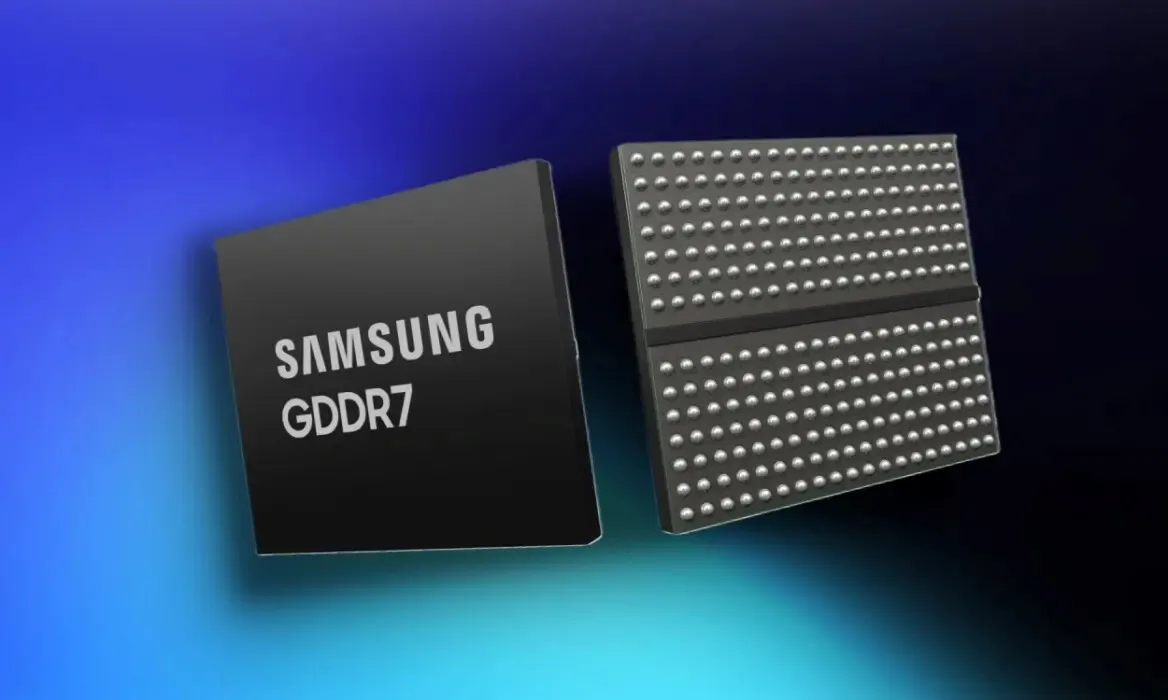JESD239 GDDR7 represents the first implementation of the Pulse Amplitude Modulation (PAM) interface in JEDEC standard DRAM for high-frequency operations. The PAM3 interface enhances signal-to-noise ratio (SNR) and energy efficiency, transmitting three bits over two cycles as opposed to the traditional NRZ interface, resulting in higher data transmission rates and improved performance.
Key features of JESD239 GDDR7 include:
- Core independent LFSR training patterns with eye masking and error counters to enhance training accuracy and reduce time.
- Doubling the number of independent channels from 2 in GDDR6 to 4 in GDDR7.
- Support for densities ranging from 16 Gbit to 32 Gbit, including 2-Channel mode to double system capacity.
- Addressing market demands for Reliability, Availability, and Serviceability (RAS) with features such as on-die ECC (ODECC) with real-time reporting, data poison, Error check and Scrub, and command address parity with command blocking (CAPARBLK).
Mian Quddus, Chairman of the JEDEC Board of Directors, commented, "JESD239 GDDR7 signifies a significant advancement in high-speed memory design, offering a new path to extend the performance of GDDR devices and drive the evolution of graphics and high-performance applications."
Michael Litt, Chair of the JEDEC GDDR Subcommittee, stated, "GDDR7 not only enhances bandwidth but also addresses market needs for RAS, enabling better service in existing markets such as Cloud gaming and compute, and expanding into new applications such as AI."


